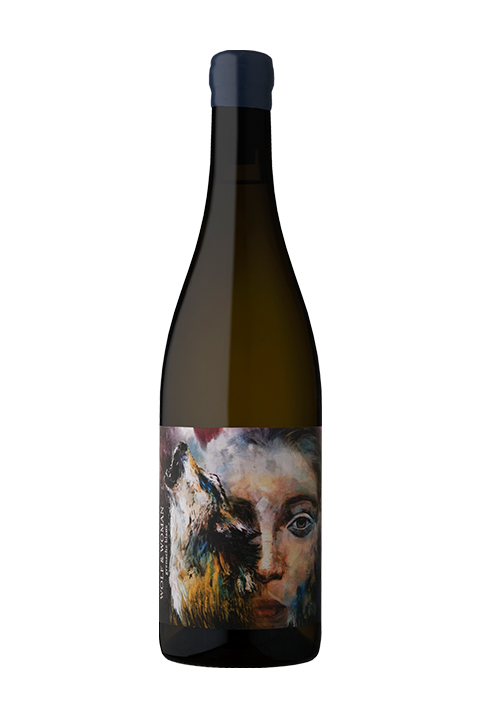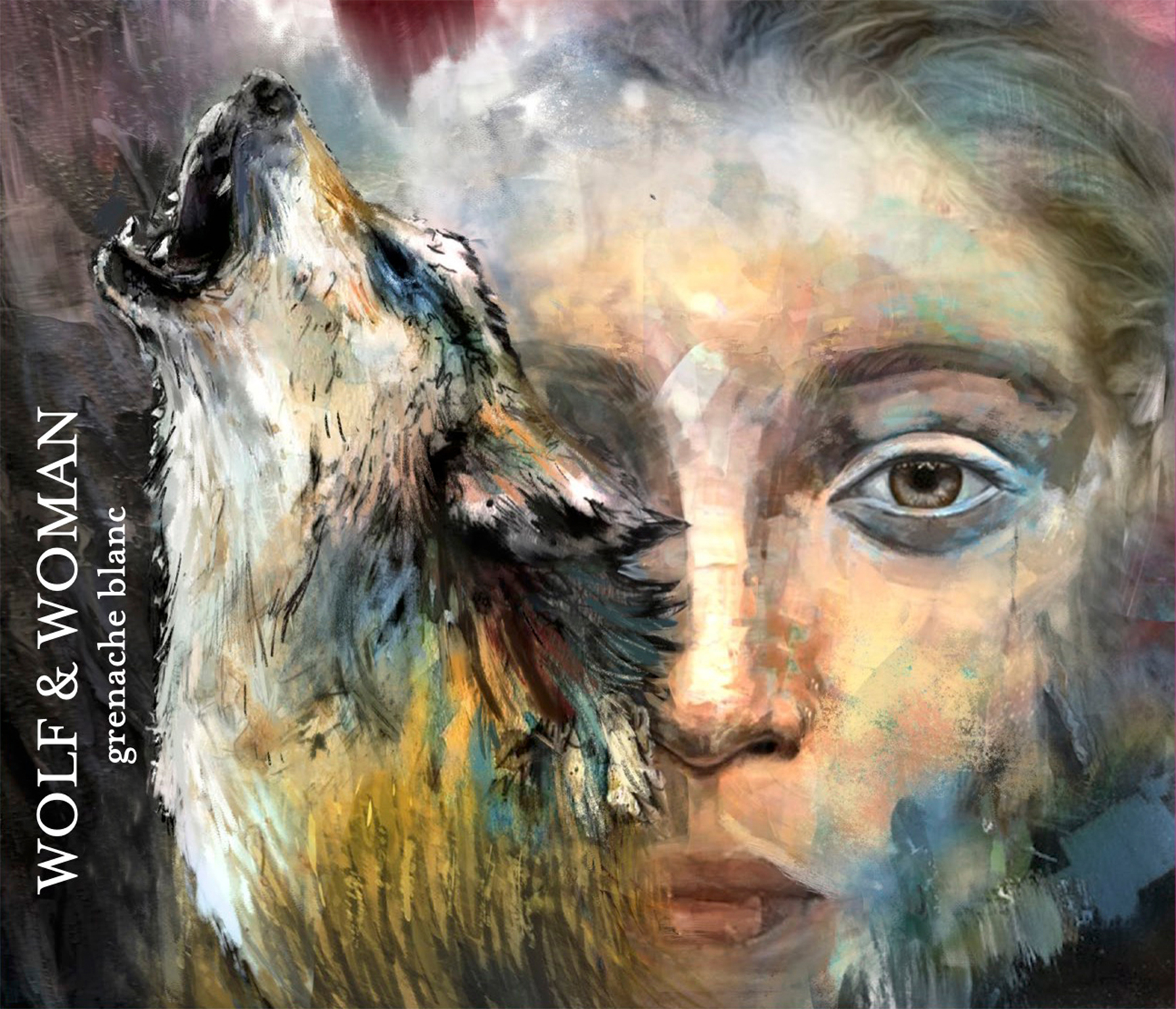
Stats
- Grapes: 100% Grenache Blanc
- Vineyard: 50% Voor Paardeberg (Bergendal) - 50% Piekenierskloof (Weltevrede)
- Vine Age: 19-years-old (Voor Paardeberg) - 16-years-old (Piekenierskloof)
- Soil Type: Decomposed granite (Voor Paardeberg) - sandstone (Piekenierskloof)
- Viticulture: Sustainable – dry-farmed
- Fermentation: Native – neutral 500L French puncheons (100% whole-bunch pressed)
- Skin Contact: None
- Aging: 8 months on gross lees in neutral 500L French barrels
- Alcohol: 13%
- pH: 3.25
- Total Acidity: 5.4 g/L
- Total SO2: 80 ppm
- Total Production: 150 cases
- UPC: 6009648141452
- SRP: $34.99

Tasting Notes
Light straw in color with aromas of pear, citrus, thyme, and clove. The whole thing is really vibrant, with bright, lively acidity dancing on the palate. This is a unique, characterful wine.
Press & Reviews
The WineMag
92
"50% of grapes from Piekenierskloof, 50% from Voor-Paardeberg. Matured for eight months in older 500-litre barrels. Subdued aromatics of white peach, dried herbs and a talcum-powder nuance. The palate is languid – good weight, slightly oily texture, moderate acidity and a gently savoury finish. Ripe but still composed, with just enough freshness to keep it on track."
- Christian Eedes
- Christian Eedes
Tim Atkin, MW
93
"Jolandie Fouché uses grapes from two different regions and soil types to produce her Grenache Blanc: the Voor-Paardeberg on granite and Piekenierskloof on sandstone. Put through partial malolactic to add a little texture, this is still racy and refreshing, with quince and lemon zest flavours and a waft of oak."
- Tim Atkin, MW
- Tim Atkin, MW
Select a wine

